China's top envoy to the United Nations on Monday reiterated China's position on the Ukraine conflict, emphasizing that the world "does not need another Cold War".
Zhang Jun, permanent representative of China to the UN, made the remarks while attending a UN Security Council briefing by the chairperson-in-office of the Organization for Security and Cooperation in Europe (OSCE).
Zhang said the international situation is undergoing profound changes and is full of instability and uncertainties.
"The outbreak of the crisis in Ukraine has further led us to think how to maintain peace and stability of the international system and focus more on the real pathway towards universal security and common development," he said.
"We must adhere to the overall direction of dialogue and cooperation," said Zhang. "The world is now in a new era. The path of dialogue and cooperation should become wider and wider, rather than narrower and narrower."
The envoy stressed that differences among states in national interests, social systems and ideologies "shall not become an obstacle to dialogue, let alone a reason for confrontation. … The world is indivisible, and security is indivisible."
Zhang pointed out that in the 1975 Helsinki Final Act, which led to the establishment of the OSCE, the important principle of indivisible security was first established. "This principle carries special significance under the current circumstances. Therefore, it should not only be upheld, but more importantly, be implemented," he said.
"The Cold War was over long ago. The Cold War mentality based on bloc confrontation should be completely rejected," said Zhang. "Sticking to hegemony mentality and provoking bloc confrontations will only bring the world disasters and exacerbate turmoil and division. That is the case in Europe. It is also the case in other regions.
"This world does not need another Cold War," he said. "This world can live with common growth and progress of all countries. All countries must, under the banner of multilateralism, strengthen unity and cooperation and work together for a community with a shared future for mankind."
Zhang reiterated that China's position on Ukraine is consistent and clear-cut. He said President Xi Jinping held a video conference with the leaders of France and Germany at which he pointed out that the sovereignty and territorial integrity of all states must be respected, that the purposes and principles of the UN Charter must be observed, that the legitimate security concerns of all states must be taken seriously, and that all efforts towards peaceful settlement of the crisis must be supported.
"The four 'musts' represent the most authoritative position of China on the issue of Ukraine. Based on this position, China will strengthen communication and coordination with all parties concerned and continue its constructive role in promoting dialogue for peace," the envoy said.
"Early cessation of hostilities is the shared wish of the international community. Dialogue and negotiations is the only feasible and realistic means to achieve that goal. The international community must help sustain this positive momentum, continue to encourage and support Russian-Ukraine negotiations, and create the necessary environment and conditions to that end," said Zhang.
He said China calls for maximum restraint and effective guarantees for civilian security and their basic needs. "And we call for safe and unimpeded humanitarian corridors so as to prevent a humanitarian crisis of a larger scale," Zhang said.
The wanton use of sanctions "will not help solve the issue, but will create new problems", Zhang emphasized. "We once again call for greater diplomatic efforts by the international community to de-escalate tensions and immediate bring the Ukrainian issue back to the track of political settlement," he said.








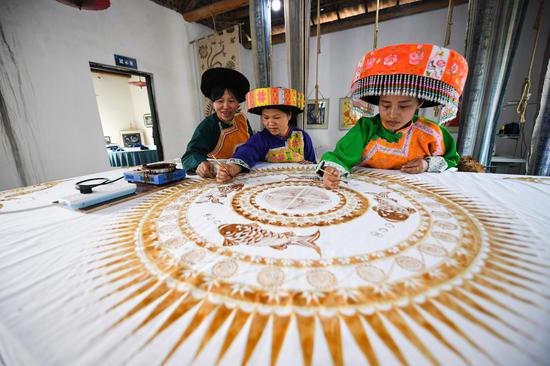

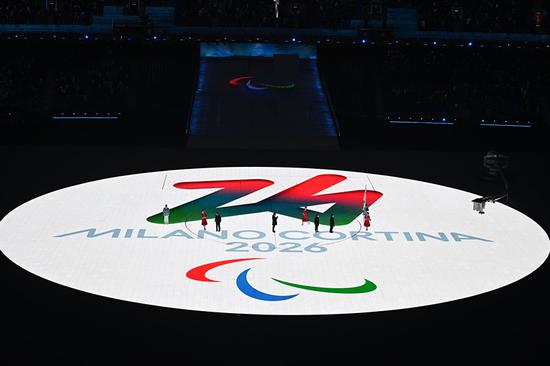

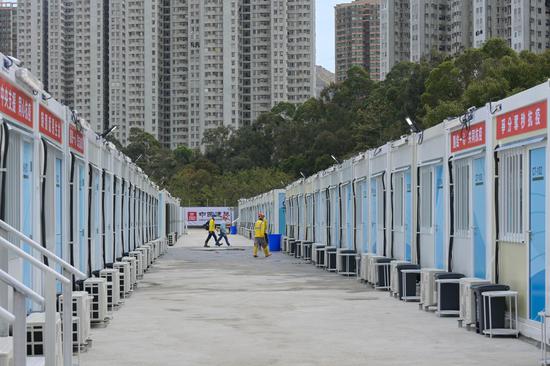

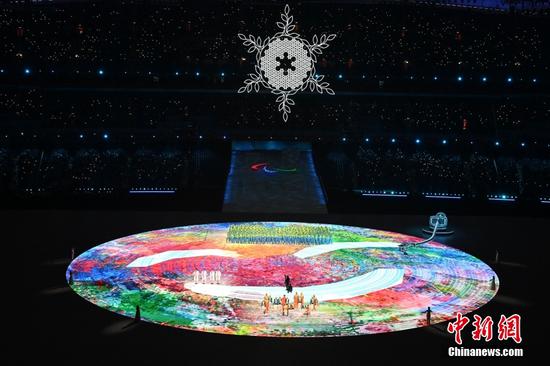

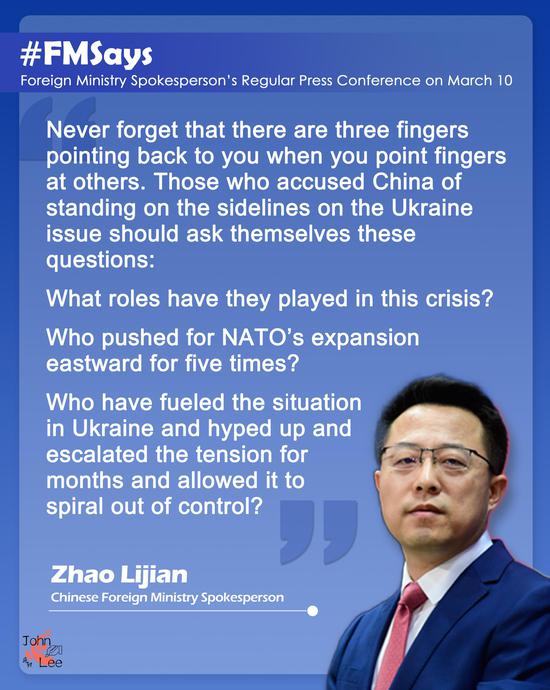
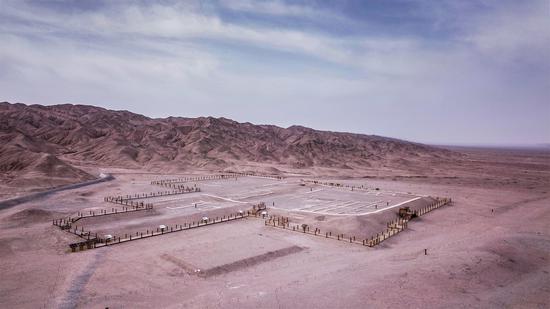
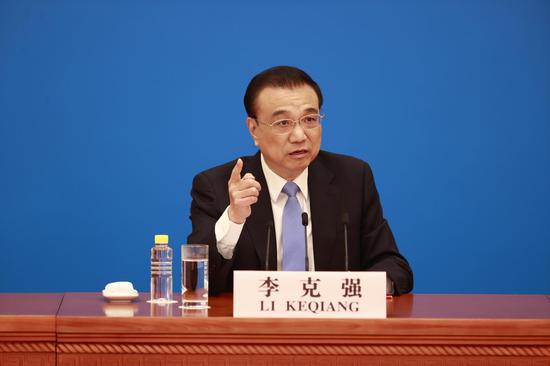
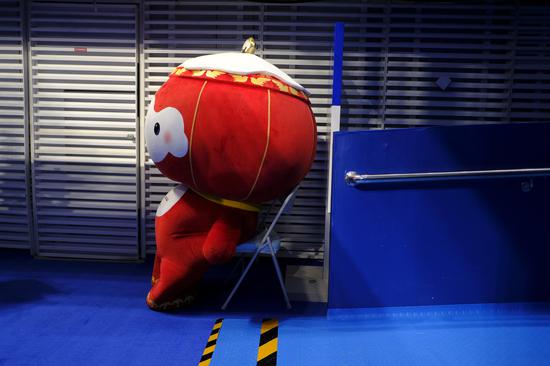

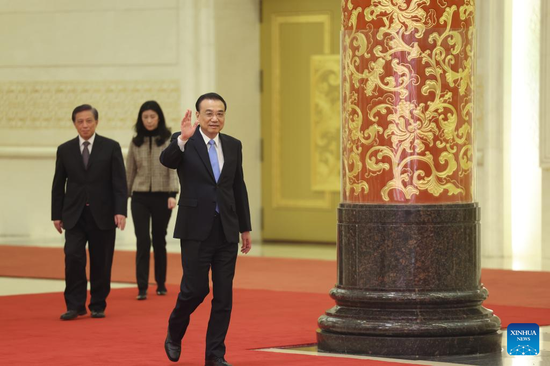
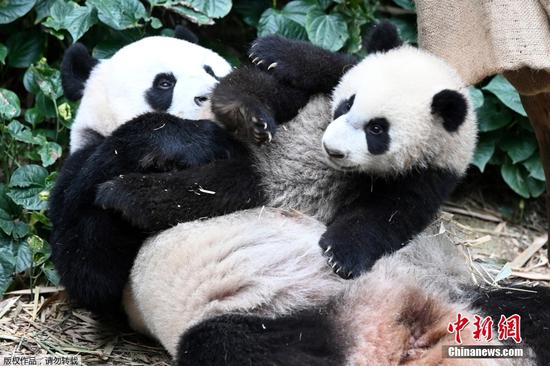
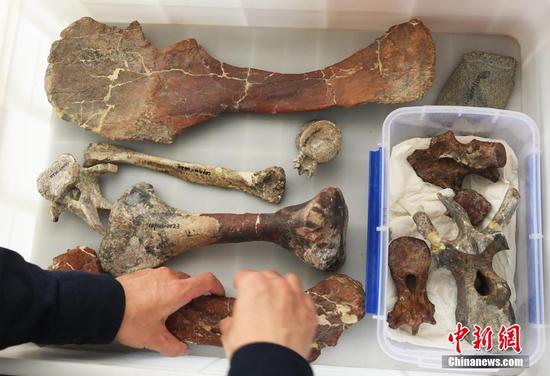
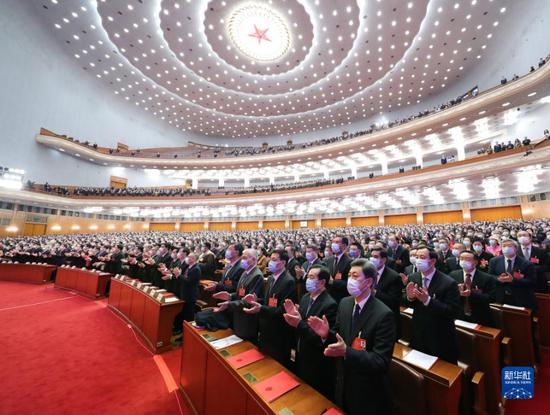
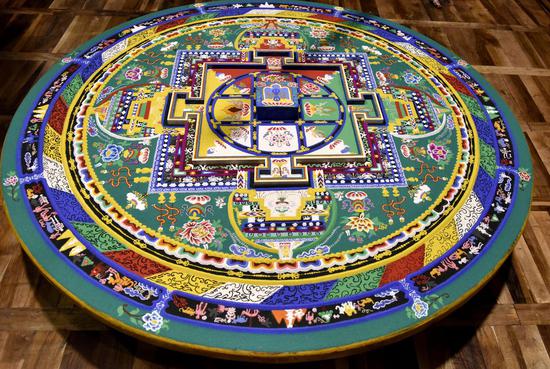
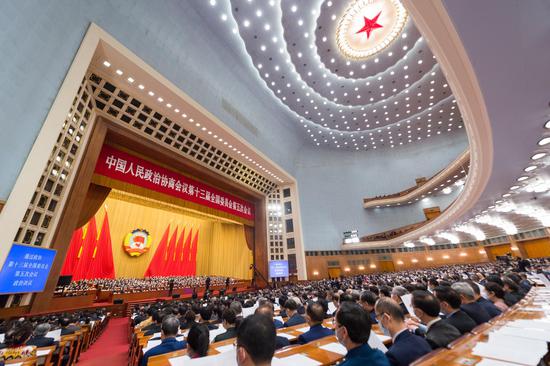
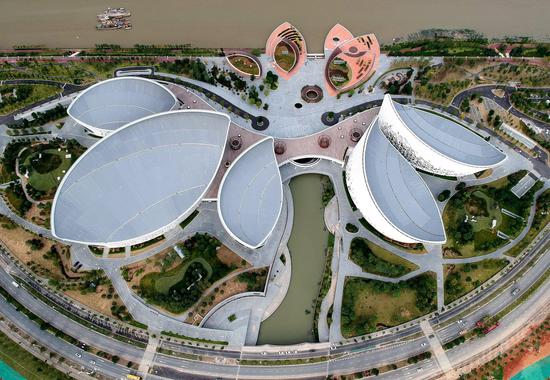
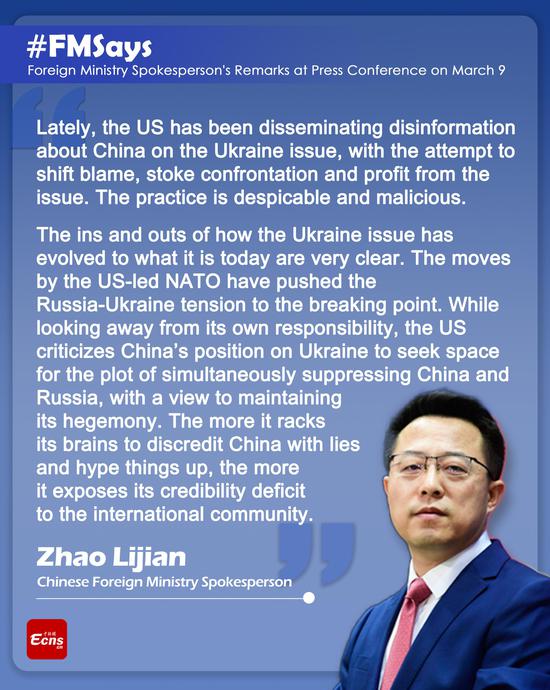
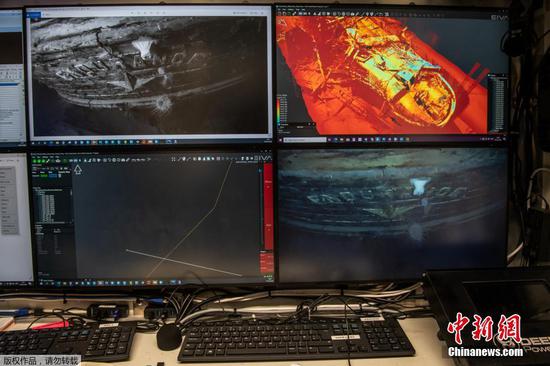
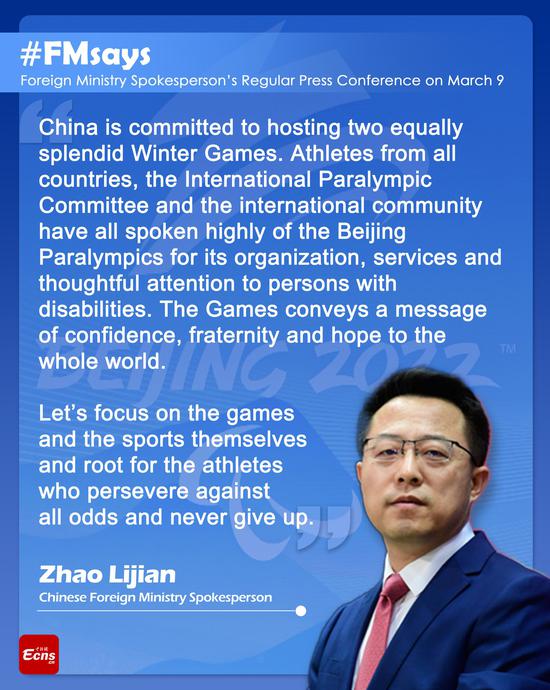
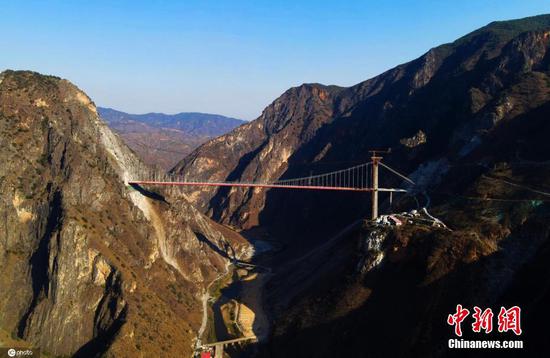
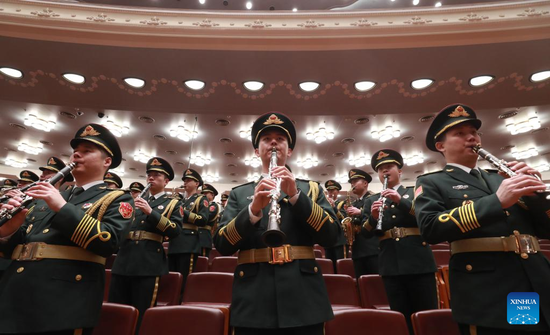
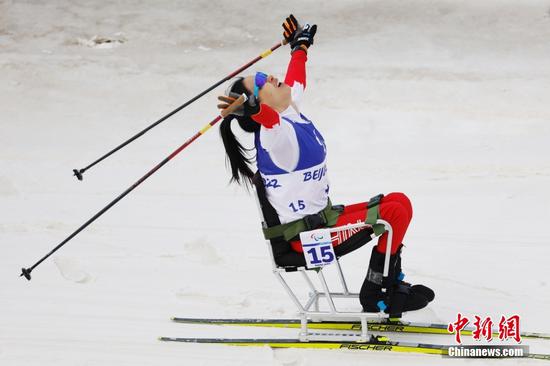
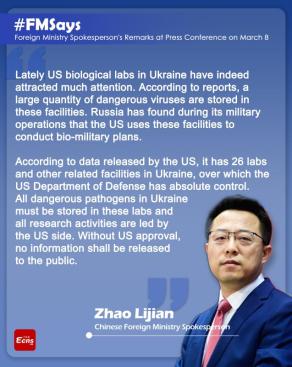
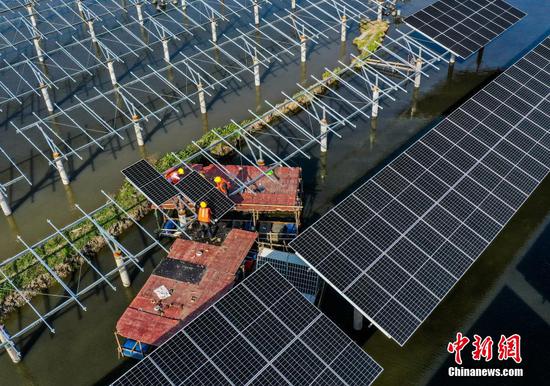
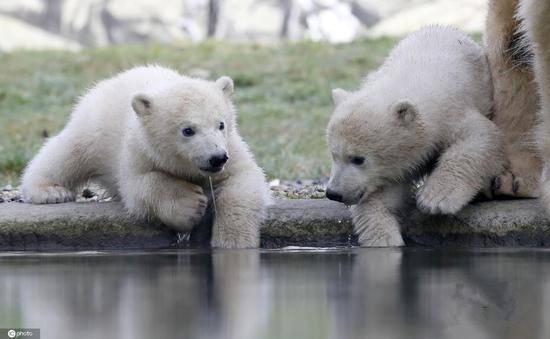



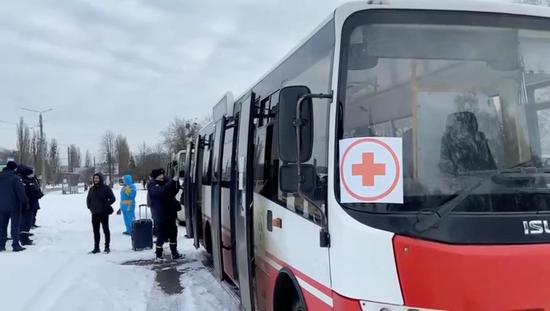
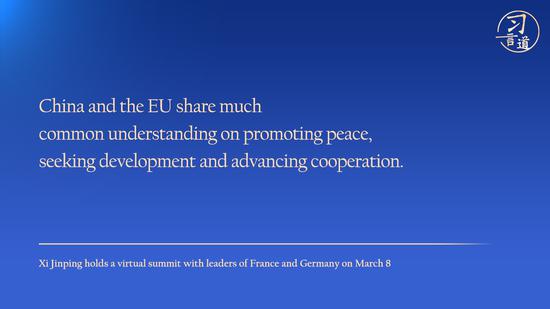
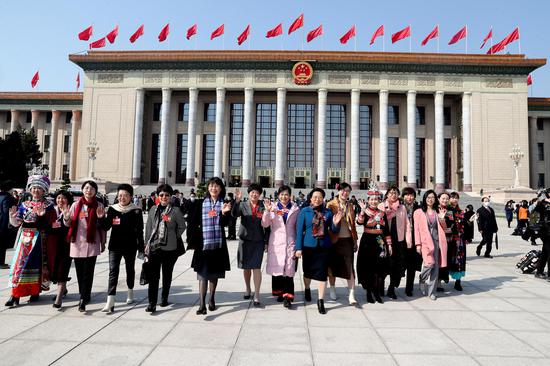
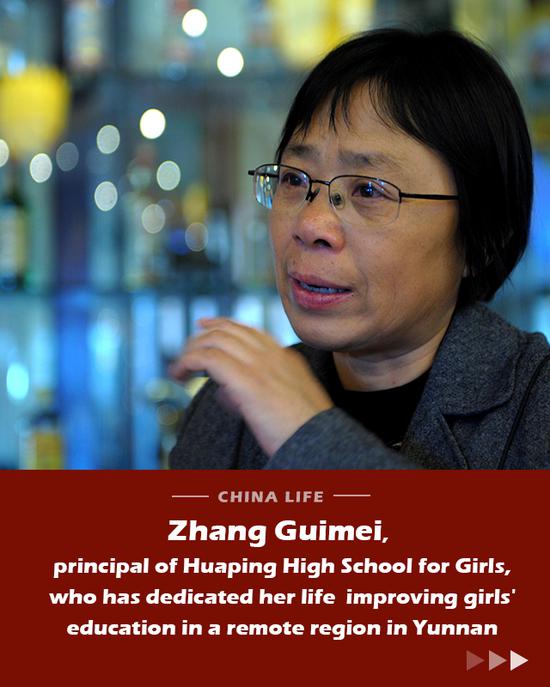
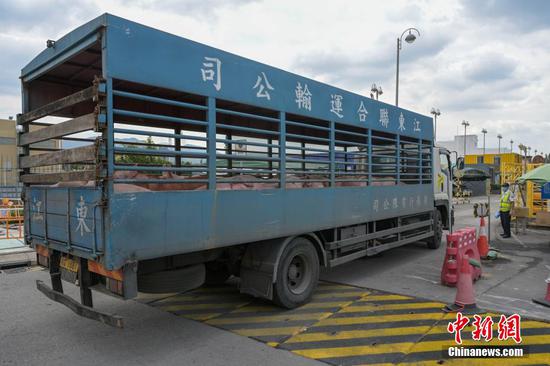





 京公网安备 11010202009201号
京公网安备 11010202009201号